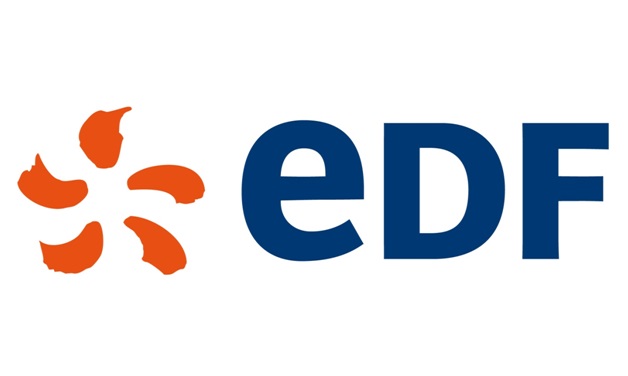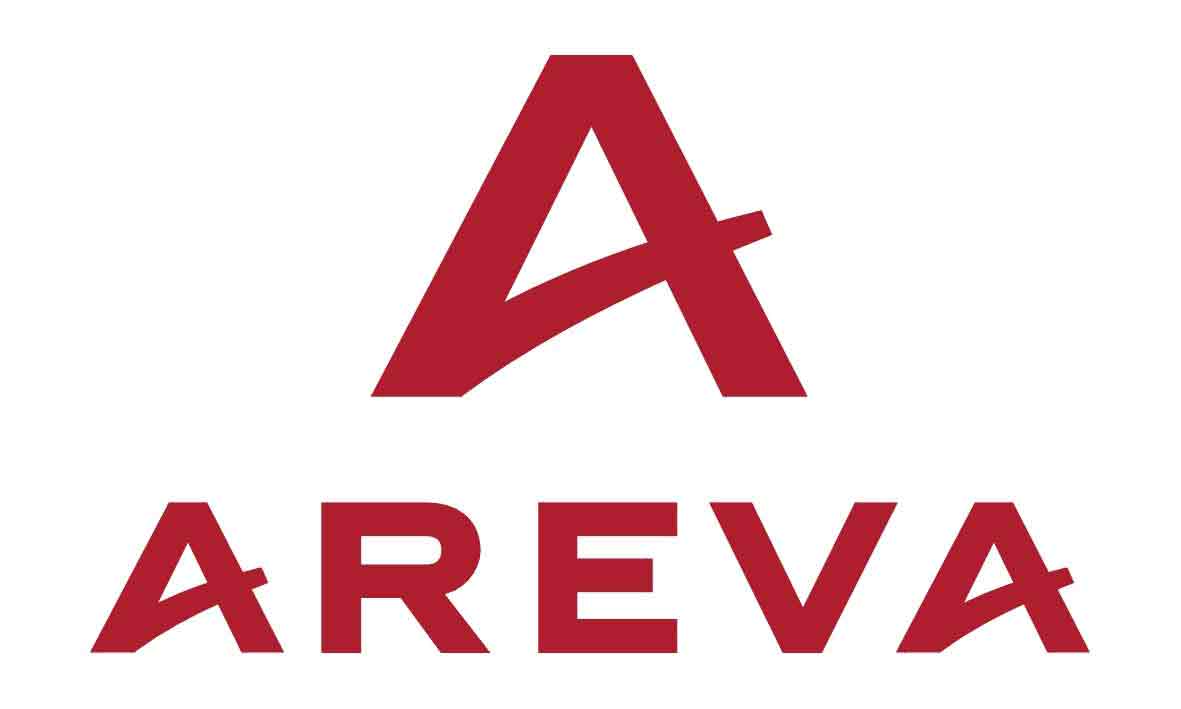I have posted a lot of things about the Hinkley Point C nuclear power project in the U.K. the low estimate for the project is around twenty seven billion dollars. The U.K. passed a law six years ago that prevents it from investing directly in the project to build two nuclear power reactors at the Hinkley Point power plant. These two reactors would be able to supply the U.K. with about seven percent of its electrical needs. New energy sources are needed because old nuclear power plants that supply twenty percent of U.K. power are going to be retired by 2030. The U.K. is going to guarantee to buy power from the new Hinkley Point reactors at twice the current price of electricity for thirty year. This has raised complaints that it amounts to a subsidy of the utility company which is prohibited by law.
The French nuclear company AREVA is majority owned by the French government. AREVA builds nuclear reactors. EDF is a French utility company that is primarily owned by the French government. It produces about twenty two percent of the electricity in the European Union. Eight four percent of the power it generates comes from fifty eight nuclear reactors in France.
EDF is a principle in the HPC project. AREVA was contracted to build the HPC reactors. AREVA is in serious financial trouble. It has lost money in the last four years and has negative equity. Two other reactor projects in Finland and China are behind schedule and over budget. EDF has agreed to buy the nuclear engineering division of AREVA to help rescue the company. Since both these companies are largely owned by the French government, it is obvious that the sale of nuclear technology in general and the HPC project in particular are important to France.
EDF approached the Chinese government to invest in HPC. China agreed to purchase thirty five percent of the HPC project on the condition that China be allowed to build a Chinese designed nuclear power reactor in Britain with Chinese workers. This caused quite a stir in British labor circles and the British security organizations.
EDF still has to raise additional funds for the project. It could not sell more stock to China because of European Union laws about investors in energy projects from outside the EU. EDF is trying to get its ownership stake in HPC under fifty percent because if it owns fifty percent or more, it will have to show all of the HPC debt on its own books and it has enough financial problems of its own without doing that.
At the beginning of 2016, debt represents seventy nine percent of EDF's capital. Two of three agencies that rate bonds gave EDF debt a "negative outlook." EDF also needs to raise capital of take over the AREVA nuclear engineering division. It has to finish the French nuclear power reactors under construction. And, EDF has to spend significant funds to maintain and upgrade its aging fleet of French power reactors. This is all very problematic given the current turbulence in the EU electricity market.
The French government is going to spend four and half billion dollars to purchase new EDF stock to help the company. EDF would have to sell more that sixteen billion dollars worth of new stock to lower its debt to a more manageable level but this may be difficult given the poor current returns on EDF stock.
EDF was suppose to sign the final contract for the HPC project in early May but has delayed committing. The CFO of EDF resigned recently because he said that he could not go along with committing to the HPC project because of the shaky finances of EDF. Now the French government has said that EDF will sign the final contracts next fall.
Perhaps it would be best for EDF to cancel the HPC project altogether. It has been estimated that the U.K. could save forty billion dollars in the next few decades by spending their energy money on alternative sustainable sources instead of the HPC project. Unfortunately, the HPC project has come to represent a symbol of confidence and commitment to nuclear power on the part of the U.K. and France. But it is too expensive for a symbolic gesture and cannot compete in the global power market.

